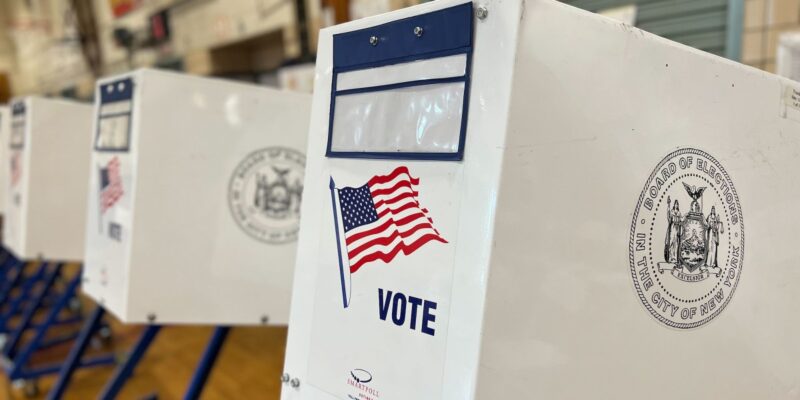
Last month, the Department of Justice released new guidance reaffirming disabled people’s right to vote, and the ways that their voting rights are protected by the Americans with Disabilities Act. “For too long,” the release from the department’s Civil Rights Division says, “many people with disabilities have been excluded from this core aspect of citizenship” and “prevented from voting because of prejudicial assumptions about their capabilities.”
That includes many people living under guardianships or conservatorships, in which a person’s civil rights are placed under the control of a guardian, often a family member. There are more than a million people living under guardianship in the United States, which can extend to people living with intellectual disabilities as well as those with mental health disabilities.
States have different rules on whether people under guardianship can vote, but most fall into the following categories: No restrictions, as in states like Illinois; the power for judges to suspend voting rights, as in California and Florida; no voting rights by default (people under guardianship need a judge’s approval to vote), as in Arizona and Delaware; and, in seven states—Louisiana, Missouri, South Carolina, Tennessee, Utah, Virginia, and West Virginia—no voting rights at all.
The new DOJ guidance, however, gives disabled people under guardianships some recourse to try and get their voting rights back—through ADA lawsuits. "There needs to be litigation now where the government, or other organizations, take the states to court and say that the [guardianship] laws violate the ADA," Zoe Gross, advocacy director of the Autistic Self-Advocacy Network, told Mother Jones. She also says it's important that disabled people don't assume their right to vote has been taken away; the network has a plain-language guide that explains each state's policies.
A lack of transparency in guardianship and conservatorship—which Sens. Elizabeth Warren and Bob Casey asked DOJ and Department of Health and Human Services for data on in 2021, in part due to attention around Britney Spears' conservatorship battle with her father—means it's hard to tell just how many people nationwide have had their voting rights taken away on those grounds, or even how many people are currently under guardianship in each state. Gross believes that disenfranchising disabled people in guardianship "is one of many ways that our legal system discriminates against people with disabilities."
Disenfranchising people with disabilities also impacts their right to support politicians and policies that could improve their quality of life, at all levels of government. "We should be able to vote for the people who make the policies that affect our lives," Gross said. "It can mean the difference between a state expanding Medicaid or rejecting Medicaid expansion, which is something that has huge implications for people with disabilities."















